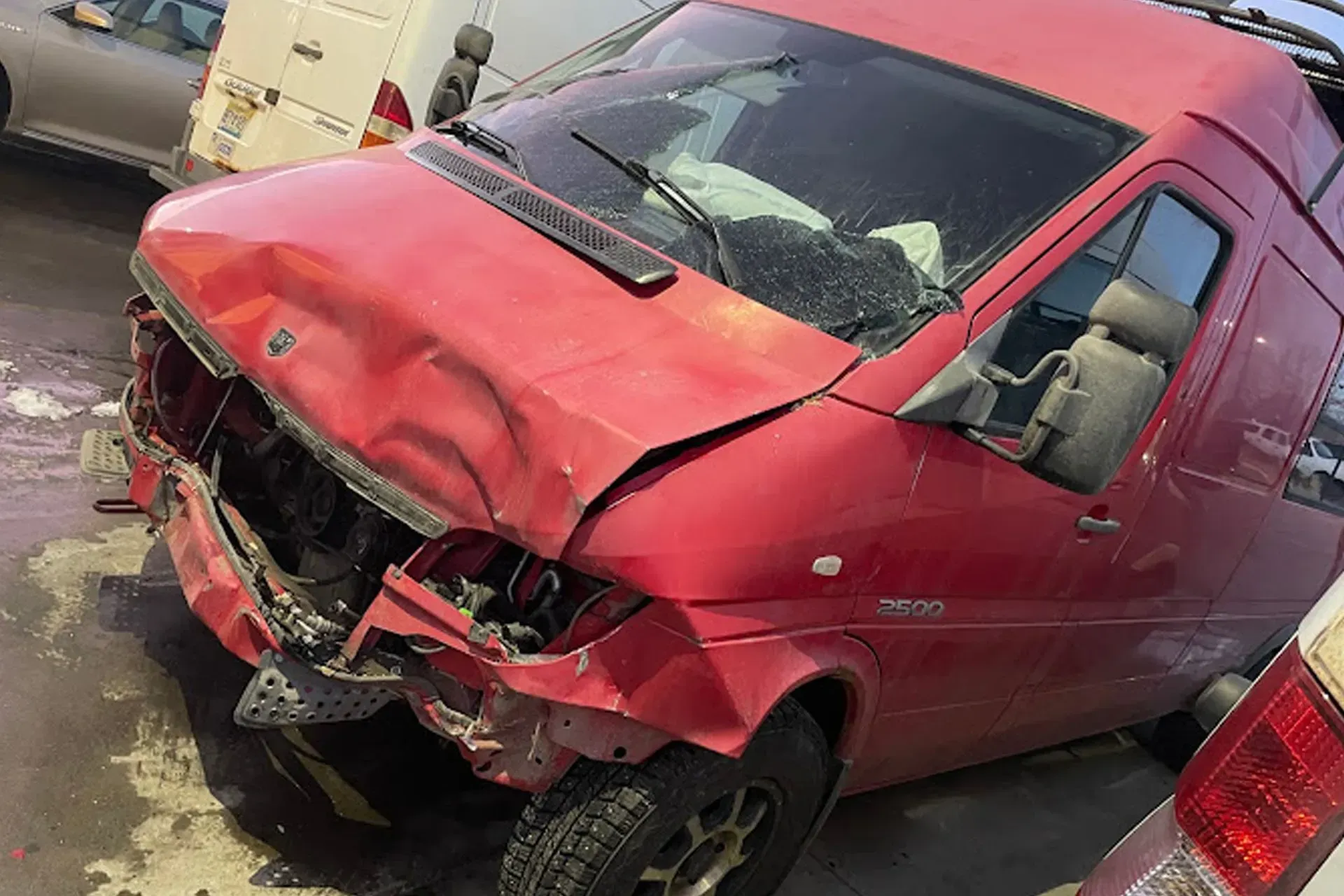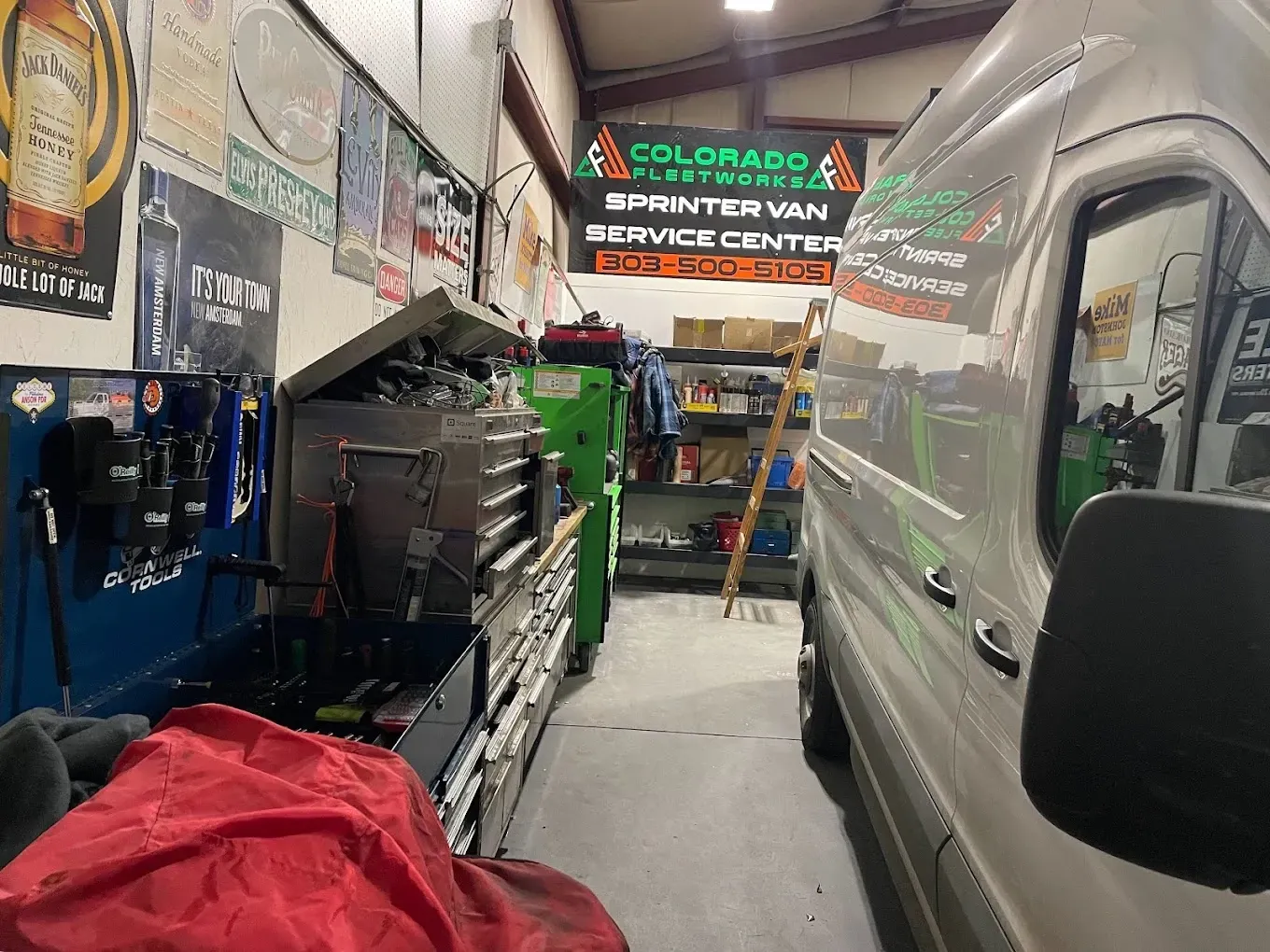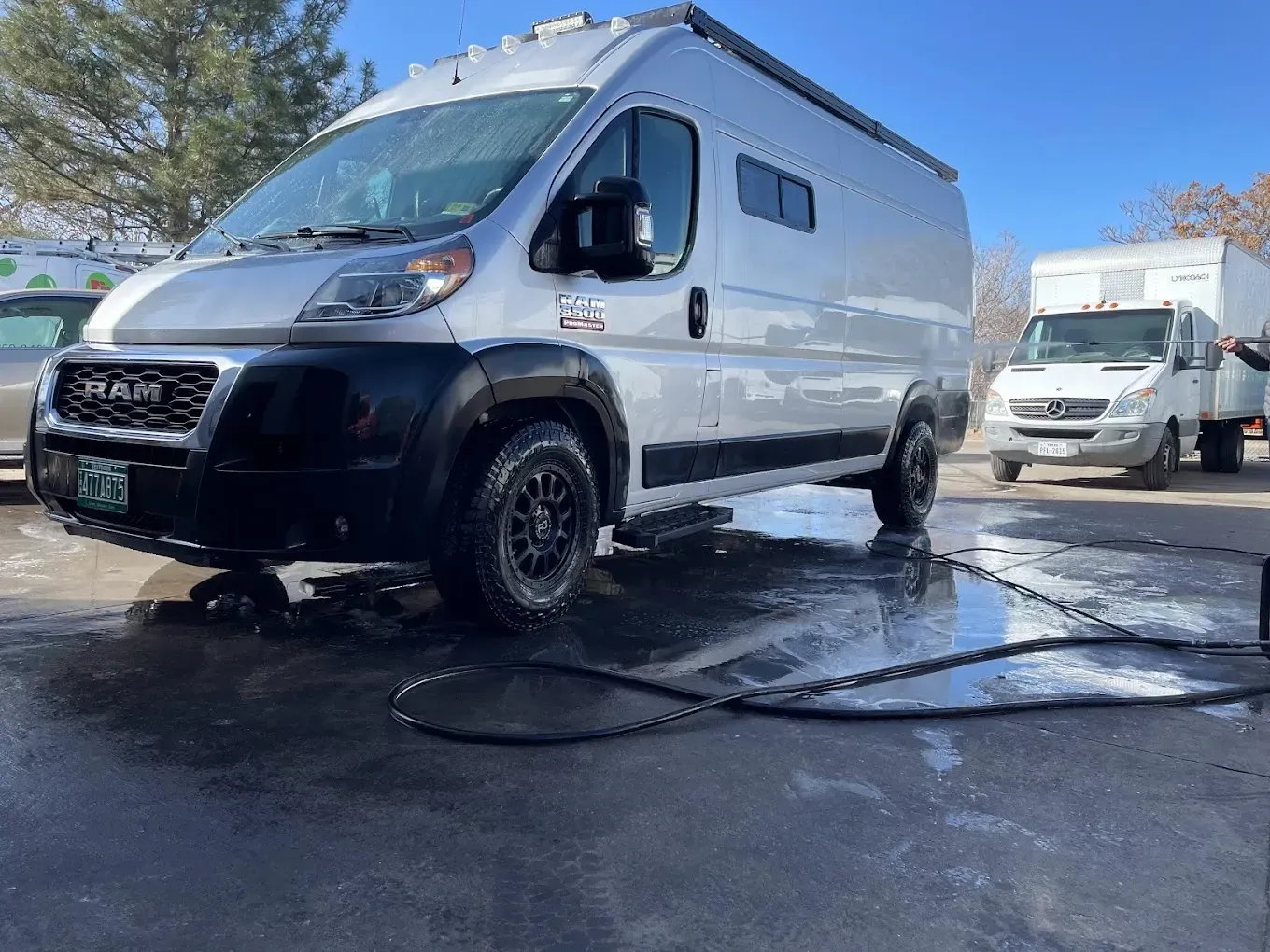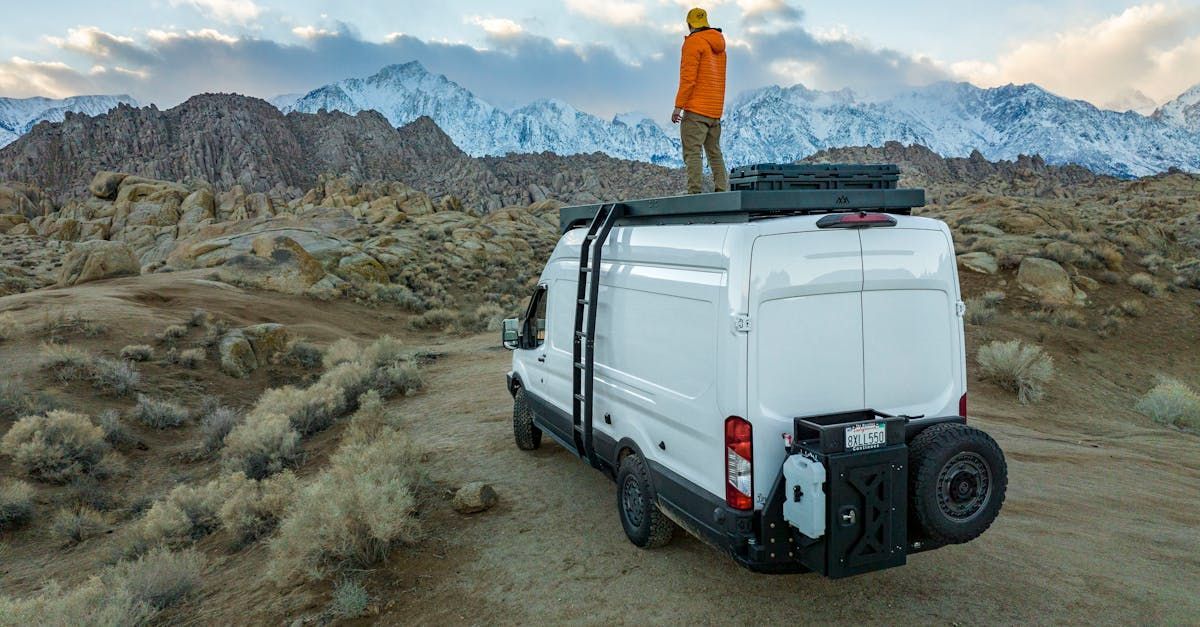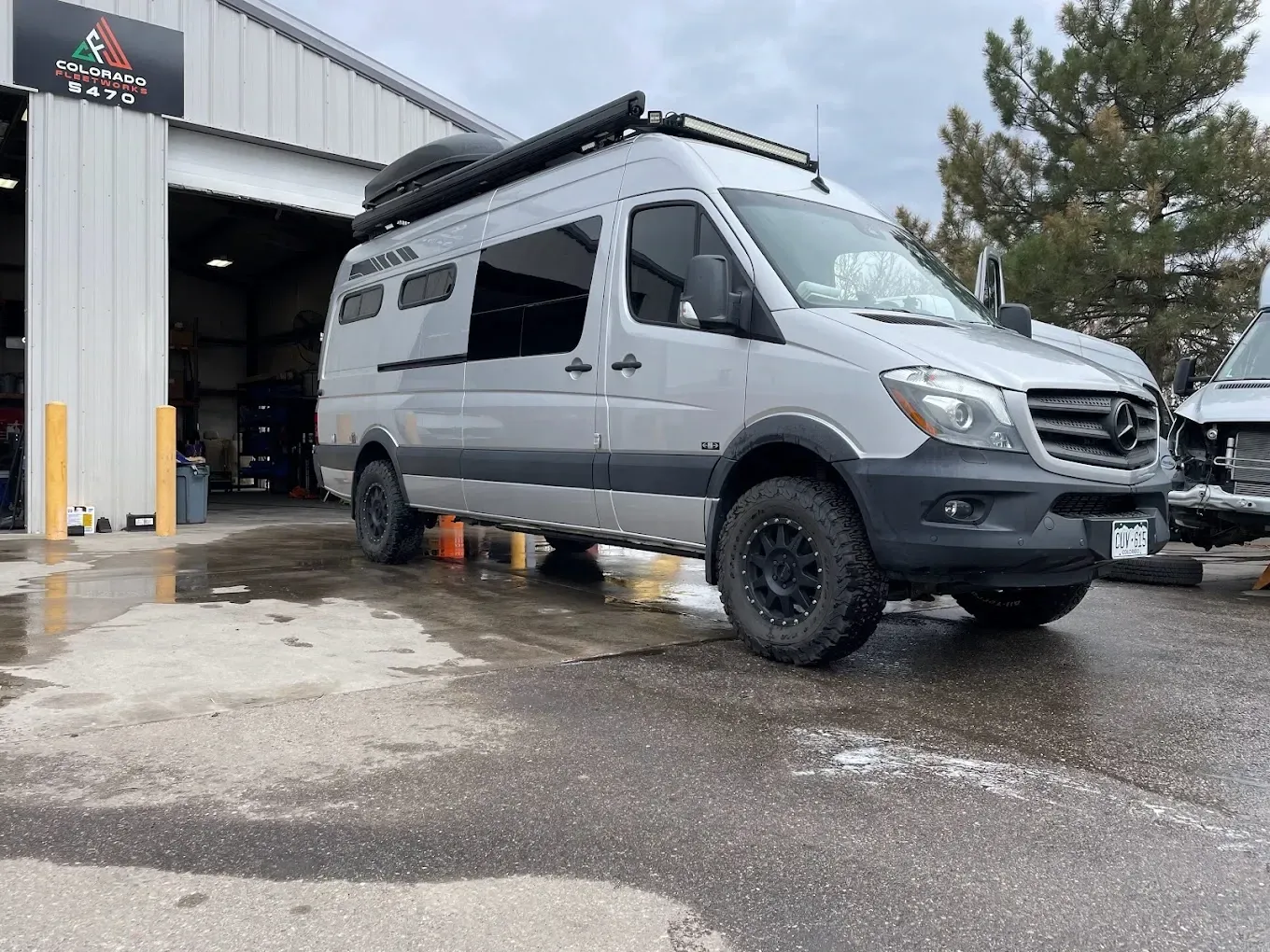Do You Really Need Winter Tires?
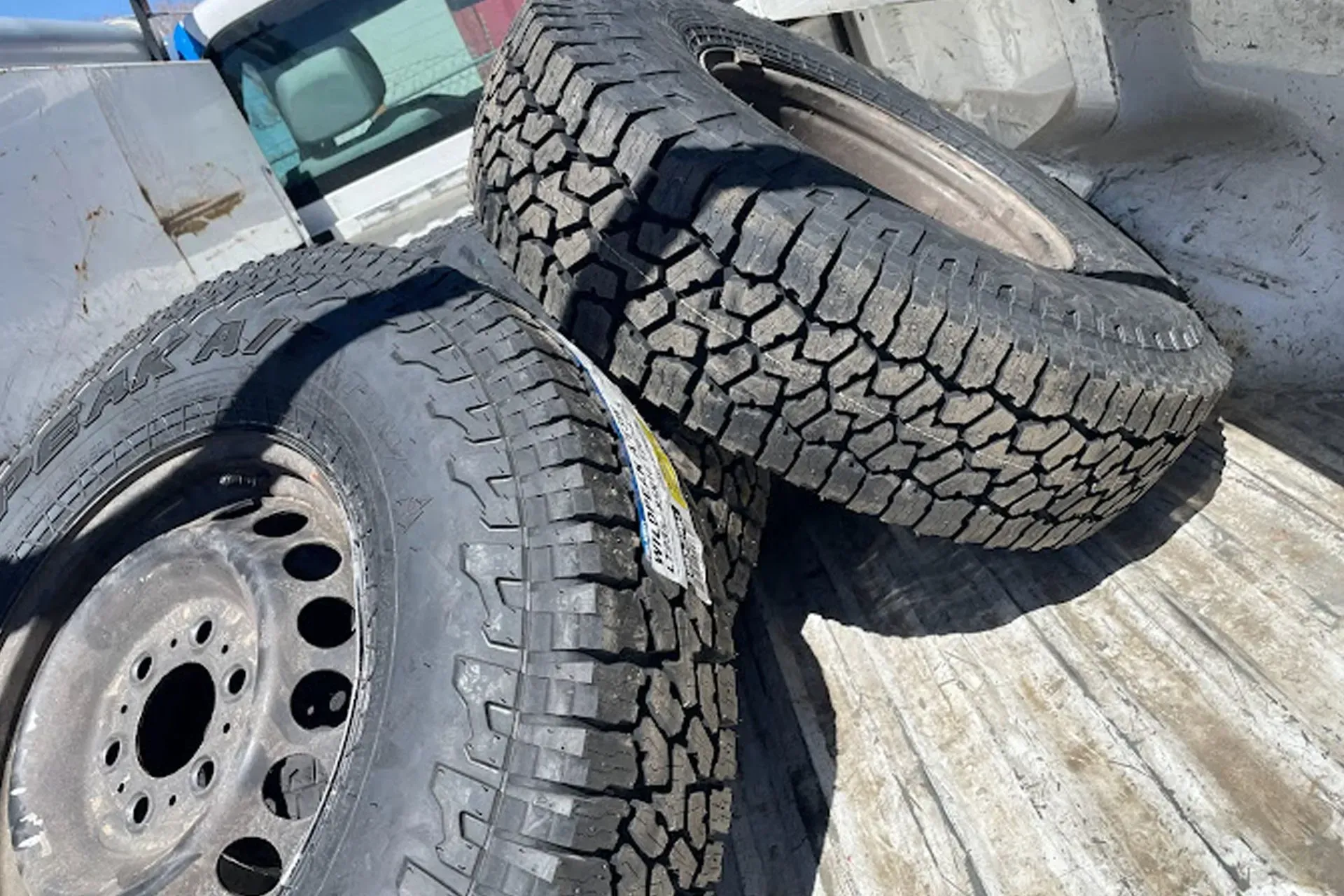
Winter driving in Colorado isn’t for the faint of heart. One day, the roads are dry and clear, and then overnight, you’re waking up to black ice and a foot of snow. If you’re still running all-season tires, you might be rolling the dice more than you realize.
Here’s why winter tires are a game changer for safety and control when the temperatures drop.
What Makes Winter Tires Different?
Winter tires aren’t just about tread patterns - they’re made from a different type of rubber that stays flexible in the cold. Regular all-season tires harden in low temperatures, reducing grip, while winter tires keep their traction even in freezing conditions. Plus, their deep grooves and biting edges are designed to cut through snow and slush, helping you stay in control.
Do You Need Winter Tires in Colorado?
Short answer: Yes, if you want to drive safely in snow and ice and don't have other traction devices. Colorado’s winter roads can be unpredictable, and while all-wheel drive helps with acceleration, it won’t help you stop faster. Instead, your tires do that. If you drive in the mountains, winter tires can make the difference between getting up a pass or sliding backward. Even in the city, icy intersections and surprise snowstorms mean having the right tires could prevent an accident.
The Colorado Traction Law
If you’re driving in the mountains from September to May, you might already know about Colorado’s traction laws. When these go into effect, vehicles must have proper tires with at least 3/16" tread, snow chains, or a four-wheel/all-wheel drive system. You can view all of the up-to-date requirements here. Winter tires (or all-terrain tires with the right tread depth) make it easier to comply with these laws while also keeping you safer on the road.
When to Switch to Winter Tires
The best time to put on winter tires is before the first big freeze, typically around October or early November. A good rule of thumb? When temperatures consistently drop below 45°F, it’s time to swap them on. Once spring hits and the weather warms up, switch back to all-season or summer tires to prevent unnecessary wear on the softer winter rubber.
Need Help Getting Winter-Ready?
At Colorado Fleetworks, we know how important it is to keep your vehicle safe and reliable all year long. If you need winter tires installed or aren’t sure if your current ones are up to the challenge, we’re here to help. Swing by, and we’ll make sure you’re set up for whatever Colorado’s winter throws at you!
